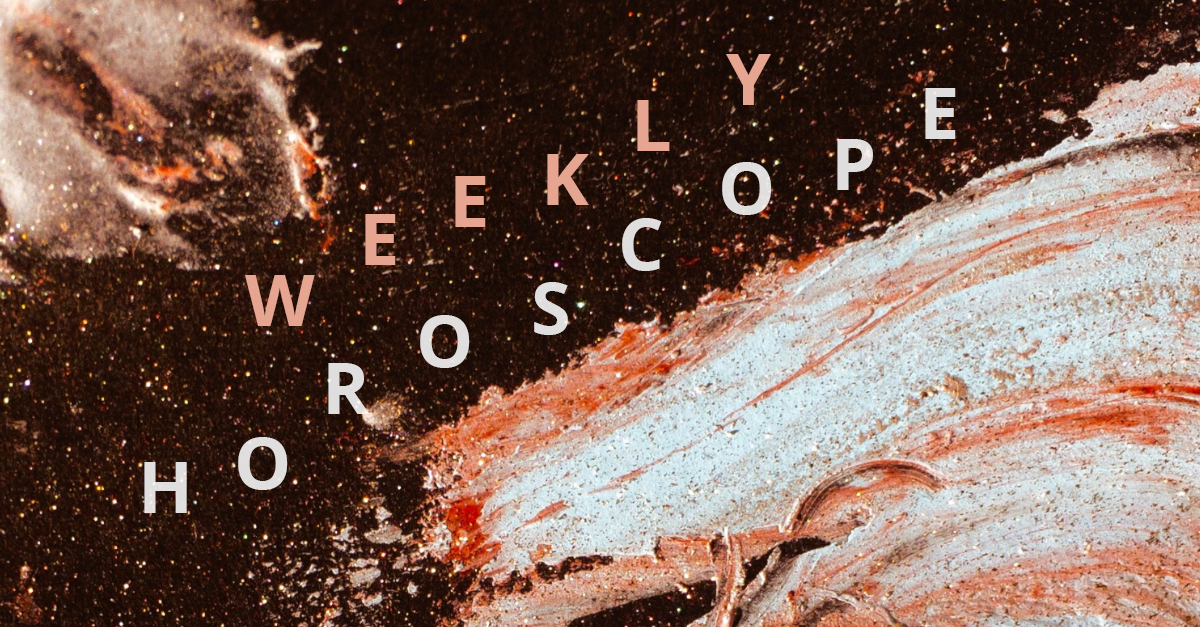The Government announced and implemented the “no vaccination, no ride” in Metro Manila on Monday, 17 January 2022 and according to the Department of Transportation (DOTr), the beginning was generally peaceful.
According to the Land Transportation Office (LTO), the Land Transportation Franchising and Regulatory Board (LTFRB) and the Inter-Agency Council for Traffic (I-ACT), the first day of implementation has been successful in guiding commuters through the new rule.
“According to reports from our men on the ground, most of the passengers were prepared for the policy. They voluntarily handed over their vaccination cards to our enforcers for thorough inspection and verification before boarding public utility vehicles (PUVs),” said Transportation Secretary Art Tugade.
“Since this is just the first day of the policy’s implementation, our enforcers were instructed to just issue the violators warnings instead of outrightly apprehending them for noncompliance,” said Asec for Road and Infrastructure Mark Steven Pastor.
“These persons were later properly turned over to their respective local government units (LGUs) for assistance,” added Asec Pastor.
DOTr Undersecretary for Railways TJ Batan said a total of 1,749 commuters attempted to take Metro Manila’s rail lines without showing proof of their vaccination:
Philippine National Railways: 8
MRT-3: 1,204
LRT-2: 136
LRT-1: 401
Secretary Tugade issued the “no vaccination, no ride” policy on Monday, 17 January 2022, to help curb the spread of the virus that causes COVID-19 amid a recent spike in the number of infections in Metro Manila.
Tugade said the department’s “no vaccination, no ride” aims to protect the unvaccinated from getting severe COVID-19 infections t0o.
Its enforcement will be in effect while a COVID-19 Alert Level 3 level or higher remains hoisted in the NCR as to be determined by the Inter-Agency Task Force for the Management of Emerging Infectious Disease (IATF).
Meanwhile, exempted from the “no vaccination, no ride” policy are the following:
• Persons with medical conditions that prevent their full COVID-19 vaccination as shown by a duly-signed medical certificate with the name and contact details of their doctor.
• Persons who will buy essential goods and services, such as but not limited to food, water, medicine, medical devices, public utilities, energy, work, and medical and dental necessities, as shown by a duly issued barangay health pass or other proof to justify travel.




